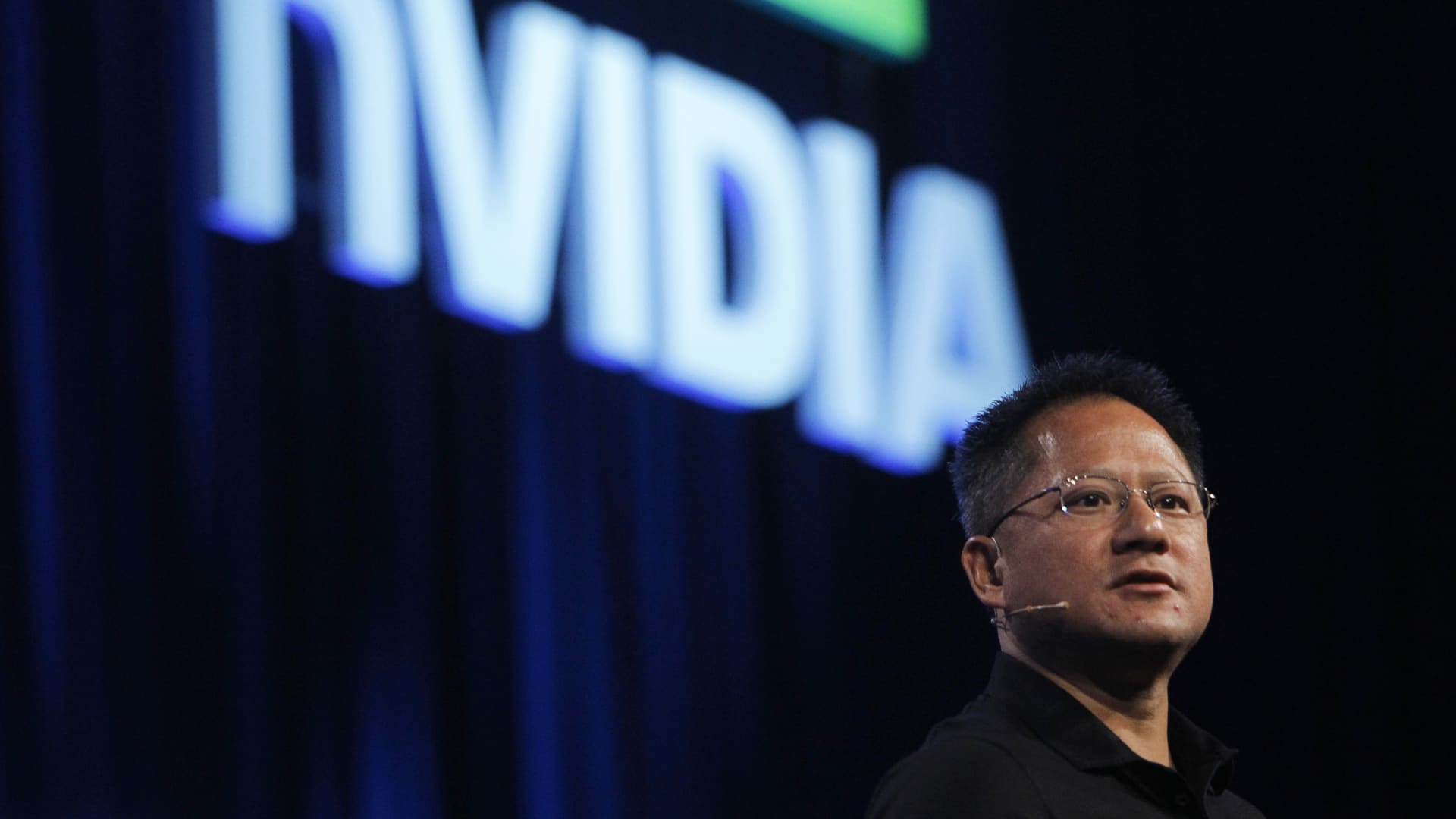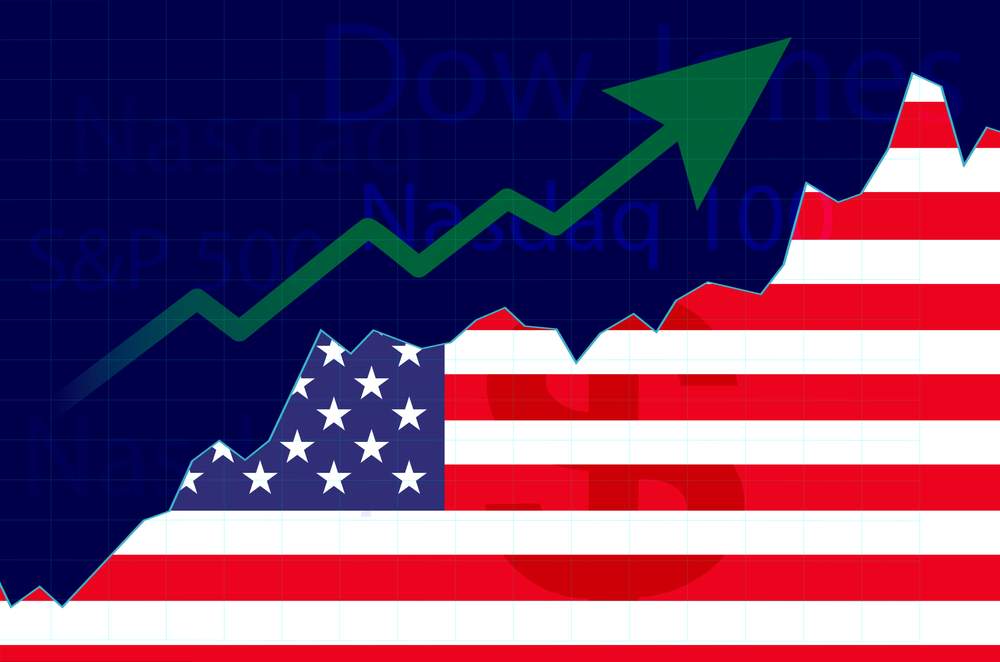Sunday, Jan. 14, 2024 | 2 a.m.
A simple truism looms over humanity: The more people who have the capacity to cause large-scale harm, the more likely such harm is to happen.
Technological innovation is creating profound new global complexities. Every day, humans discover new ways to disrupt natural habitats, warp adolescent psychologies, exploit vulnerable consumers, engineer deadly pharmaceuticals, spread new viruses, and hack sensitive computer networks. While human ingenuity has prolonged and enhanced billions of lives, it has also created breathtaking unforeseen challenges.
A key question, then, is this: How skillful will governments be at protecting humans from the fruits of their own inventiveness? The United States remains a leading indicator — and the trend lines are concerning.
First, a growing percentage of the American people are becoming more irrational. These Americans are abandoning facts, data — even elemental principles of cause and effect — in favor of partisan fantasies and abhorrent stupidities. Tens of millions of former President Donald Trump’s supporters think the Democrats stole the 2020 presidential election. Many Republicans stand firmly against meaningfully addressing climate change. Many Americans believe leading vaccines are more dangerous than the diseases they protect against. And fanatics — on the left and right — think America’s core governmental institutions should be torn down and rebuilt in line with their visceral instincts about how the world should work.
Second, American government is becoming more dysfunctional. Our longstanding national ethos rooted in reason and prudence is being outgunned by partisan resentment and tribal anger. Trump is still the Republicans’ champion, despite trying to overthrow a presidential election. Seething partisanship in Washington is only getting worse. And enormous policy failures — relating to the environment, mass incarceration, public education, distorted electoral maps, opioid overdoses and economic inequality — all trend hard in the wrong direction.
And third, the rest of the world is becoming more complicated. And exponentially so. China has become America’s international rival. Russia has maintained two features of the Soviet Empire: thuggish instincts and vast weaponry. Authoritarianism and extremism still cast dark and bloody shadows in the Middle East and Africa. And a rise of populism has destabilized dozens of nations.
The combination of these three things is much more than the sum of its parts. If humanity’s ability to govern itself continues to atrophy at the same time as its ability to harm itself increases, then eventually there will be a fracture.
Earth’s population is now roughly 8 billion people. The pace at which humanity innovates will only accelerate — bringing most people a higher quality of life but also, at the same time, a broader set of risks. America was long a global example of how to confront and solve hard global problems. It’s fast becoming one of those problems itself.
Yet the world continues to depend on America to uphold the rules-based international order, anchor the global economy, help deter military aggression, and exemplify the value of democratic self-governance. America’s backsliding doesn’t just undermine domestic tranquility, it destabilizes the delicate balance of power among all nations.
America must become, once again, an effective global leader. The potential is there. While battered and bruised, the nation’s core governmental institutions remain strong compared with most other nations. America’s economy is still vibrant. Its universities are still filled with brilliant minds. Its citizenry and press still speak freely. Its courts are still largely free from corruption. And its people still have tremendous underlying talent and skill.
What America needs is as easy to prescribe as it is hard to administer: a heavy dose of rationality. The American people and their elected representatives must see zero-sum tribal warfare for what it is — a dangerous poison to the body politic — and return to politics rooted in thoughtful empirical analysis, hard-earned compromise, and, on the biggest issues of the day, national unity. Political theorist Alexis de Tocqueville said long ago that the “greatness of America lies not in being more enlightened than any other nation, but rather in her ability to repair her faults.” We are putting this thesis through a searing test — and will find out, soon enough, whether or not it’s still true.
William Cooper is the author of “How America Works … And Why It Doesn’t.”















